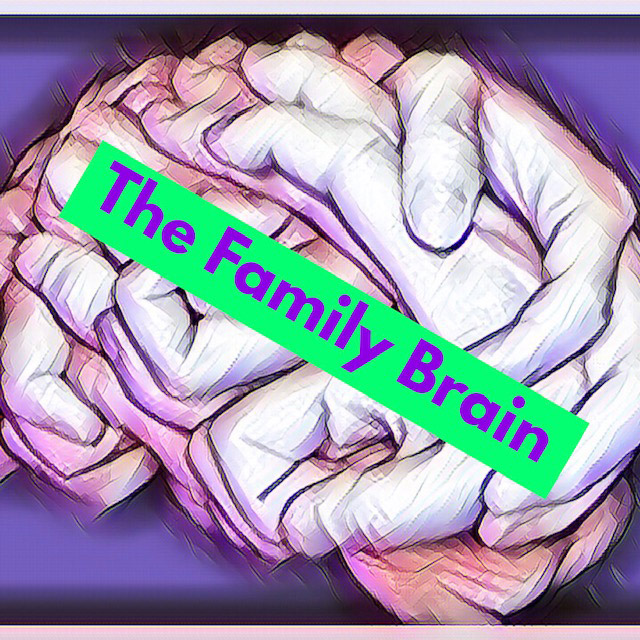Today marks 5 years since I lost my friend, next door neighbor, and confidant to a fatal gun shot wound during a domestic assault. Even as I write those words today, it still feels too horrific to be true. How could someone I was laughing with one week over her silly work socks be gone the next week?
As a therapist, I thought that I understood trauma. I had read the books and learned the theories, but the experience of being a bystander to the murder of one of my closest friends has forever changed how I conceptualize traumatic events. Yes, there are stages of grief that are involved, however, trauma is different than other kinds of grief. When you are a part of a traumatic experience, your stress response affects how that memory is stored in your brain. For me, and many who have experienced trauma, the date stamp on the event is fuzzy. I can remember snap shots of that day, and I can put some pieces together but the events are not stored as a coherent story in my mind. This lack of a date stamp for traumatic events can create a situation in which the event feels at times far away and at times like it may all happen again. So, not only is the event distressing, but the way it is stored can create additional distress.
With clients, I often use the example of a file cabinet with unlabeled files all over the floor. Trauma can feel like a mess in your brain, and even if you are not a lover of organization like I am, a messy brain can feel quite unbearable. For those unsure of how to approach the therapeutic process, I sometimes suggest that I think of therapy as professional organizing for your brain. As a therapist, I can work with you to help put a memory in a file that makes sense to you. It can be about creating an order in your mind that helps you manage the trauma memory and create a story that makes sense to you given the information you have at any given time.
Please reach out if you are in need of support. You do not need to go through whatever it is alone.


